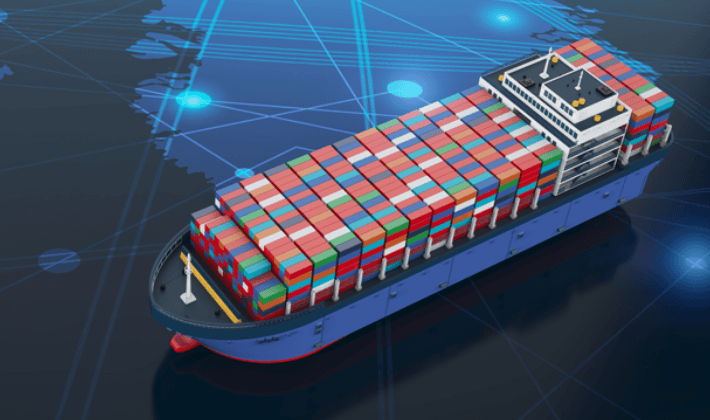
In the wake of recent geopolitical tensions, the logistics and transportation sectors are facing a new challenge that could ripple through the global economy for months to come. As of late January 2024, the oil market is on high alert, bracing for a weeks-long disruption in the southern Red Sea, a critical artery for global seaborne trade.
The southern Red Sea has become a hotspot for uncertainty due to continuous attacks by Houthi militants on merchant vessels, a situation exacerbated by the ongoing conflict in Gaza. This has led to a significant shift in the operational strategies of shipping companies, with many opting to reroute their vessels to avoid the potential dangers in the area.
Red Sea Crisis: Impact on Shipping Strategies
In anticipation of disruptions, shipping companies are now chartering tankers for alternative routes, a change affecting the logistics of crude oil and fuel transportation significantly. Notably, routes typically seeing tankers heading toward Europe are being redirected toward Asia, bypassing the southern Red Sea’s volatility.
This shift is not without cost implications. The detour around Africa, for instance, represents a substantial increase in distance and, by extension, shipping costs. However, the safety of the crew and cargo and the avoidance of potential delays are paramount, driving the decision-making process for many shipping companies.
Financial Implications and Market Adaptations
The redirection of shipping routes has led to a surge in earnings for tanker owners. Reports indicate that earnings for relatively large tankers shipping oil products have doubled from $35,000 to $60,000 a day within a week. This spike reflects the increased demand for tankers capable of undertaking longer voyages as well as the immediate cost impact of rerouting ships.
Moreover, the logistics sector is witnessing innovative strategies to mitigate these increased costs. For example, there has been a notable trend of smaller cargo loads being combined onto larger vessels, optimizing the cost-efficiency of these longer journeys.
Navigating Future Challenges
For logistics providers like nVision Global, which specializes in Transportation Management Systems (TMS), Freight Bill Audit & Payment, and Freight Claims solutions, the current situation in the Red Sea presents both challenges and opportunities. The ability to swiftly adapt to changing geopolitical landscapes and reroute logistics operations is crucial.
nVision Global’s TMS solutions, for instance, can play a pivotal role in enabling companies to efficiently manage these unexpected shifts, ensuring that despite the turmoil, goods continue to move efficiently and cost-effectively around the globe.
Furthermore, nVision Global’s freight bill audit and payment services become increasingly important in such scenarios. With shipping costs fluctuating and routes being adjusted, having a robust system in place to monitor, audit, and manage freight bills ensures that companies can maintain financial control and visibility over their logistics operations.
Conclusion
The situation in the southern Red Sea is a stark reminder of the vulnerabilities inherent in global logistics networks. However, it also highlights the resilience and adaptability of the logistics and transportation sectors. By leveraging technology, such as TMS, and employing strategic thinking, companies can navigate these turbulent waters, ensuring that the flow of goods remains uninterrupted even in the face of geopolitical challenges.
nVision Global stands at the forefront of this adaptive response, offering solutions that not only mitigate the immediate impacts of such disruptions but also provide long-term resilience and efficiency improvements for global logistics operations.